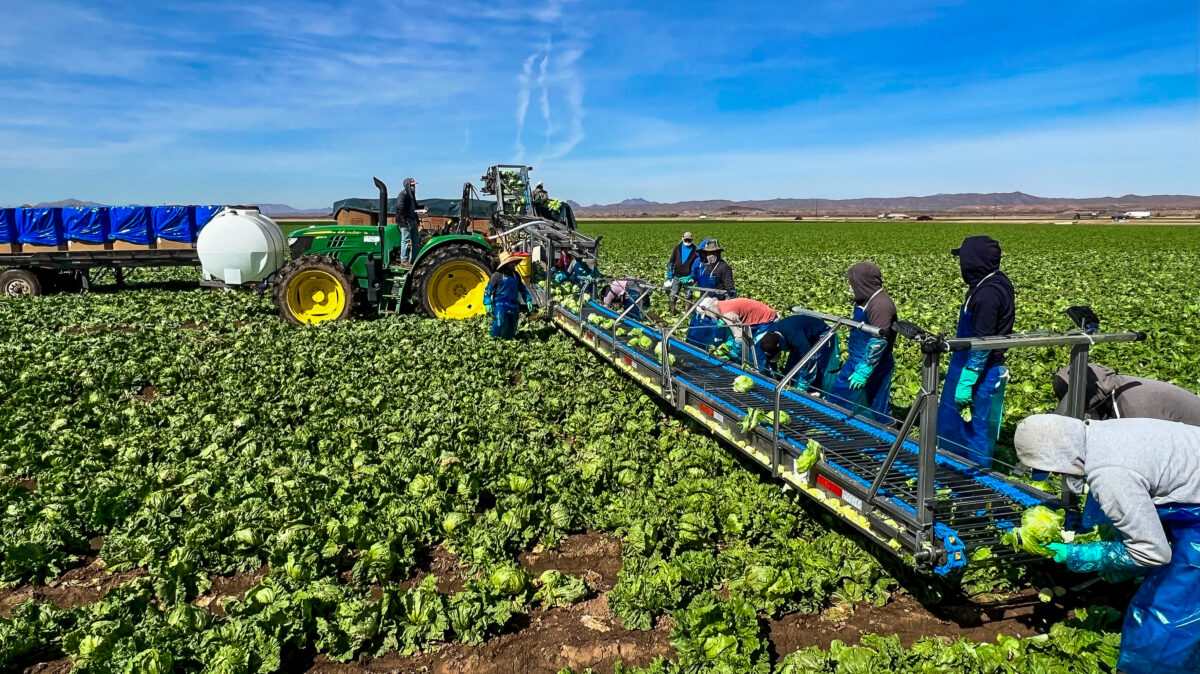New Agriculture Wage Rate Rule Important Step in Reform
AFBF Staff

photo credit: AFBF Photo, Terri Moore
A new wage rate rule for agricultural guestworkers takes a much-needed step towards reforming regulations that have put labor out of reach for many of America’s farmers. The Department of Labor announced its new Adverse Effect Wage Rate (AEWR) Methodology for the Temporary Employment of H-2A Nonimmigrants in Non-Range Occupations in the United States. The new rule revises agriculture wage rates for all 50 states and Puerto Rico.
“Farm Bureau thanks the Trump administration, Secretary Lori Chavez-DeRemer and Secretary Brooke Rollins for advocating for solutions to a broken system,” said AFBF President Zippy Duvall. “For many farmers, prices for the products they raise are low while production expenses are at record highs, so a fair wage rate is essential. In most states, the new rates will help farmers afford to get crops from the fields to the tables of America’s families.
“This new rule holds promise for many farm families who would be out of business if not for the H-2A program. We look forward to working with the administration to ensure more transparency, predictability and clarity as it implements the rule, and we remain committed to working with Congress for more lasting reforms that provide mutual benefit for workers and farmers while ensuring both can continue to stock America’s pantries.”
Farm Bureau has long advocated for changes to the AEWR. Labor costs can be nearly half the cost of production, making it hard for farmers to break even and more expensive to grow food domestically. Higher production costs, including through regulatory hurdles and administrative requirements, can ultimately lead to more dependence on imported foods, especially for labor-intensive crops.
Some members of Congress have demonstrated a willingness to work in a bipartisan manner to find solutions to agricultural labor issues. The House Agriculture Committee’s Agricultural Labor Working Group identified challenges and solutions in a 2023 report.
A newly released study from professors at the University of California, Berkeley and University of California, Davis recommends a number of solutions to agricultural labor challenges in the U.S. Those recommendations include:
- Defining and identifying an adverse effect on domestic workers;
- Recognizing the changes in guestworker programs from when the AEWR originated;
- Changing wage calculations to provide more predictability in year-to-year changes;
- Removing H-2A employee wages from AEWR calculations; and
- Considering the additional costs to employers of utilizing H-2A beyond wages, including housing.
Press Contacts
Mike Tomko
Director, Communications
(202) 406-3642
miket@fb.org
Bailey Corwine
Communications Manager
(202) 406-3643
baileyc@fb.org
